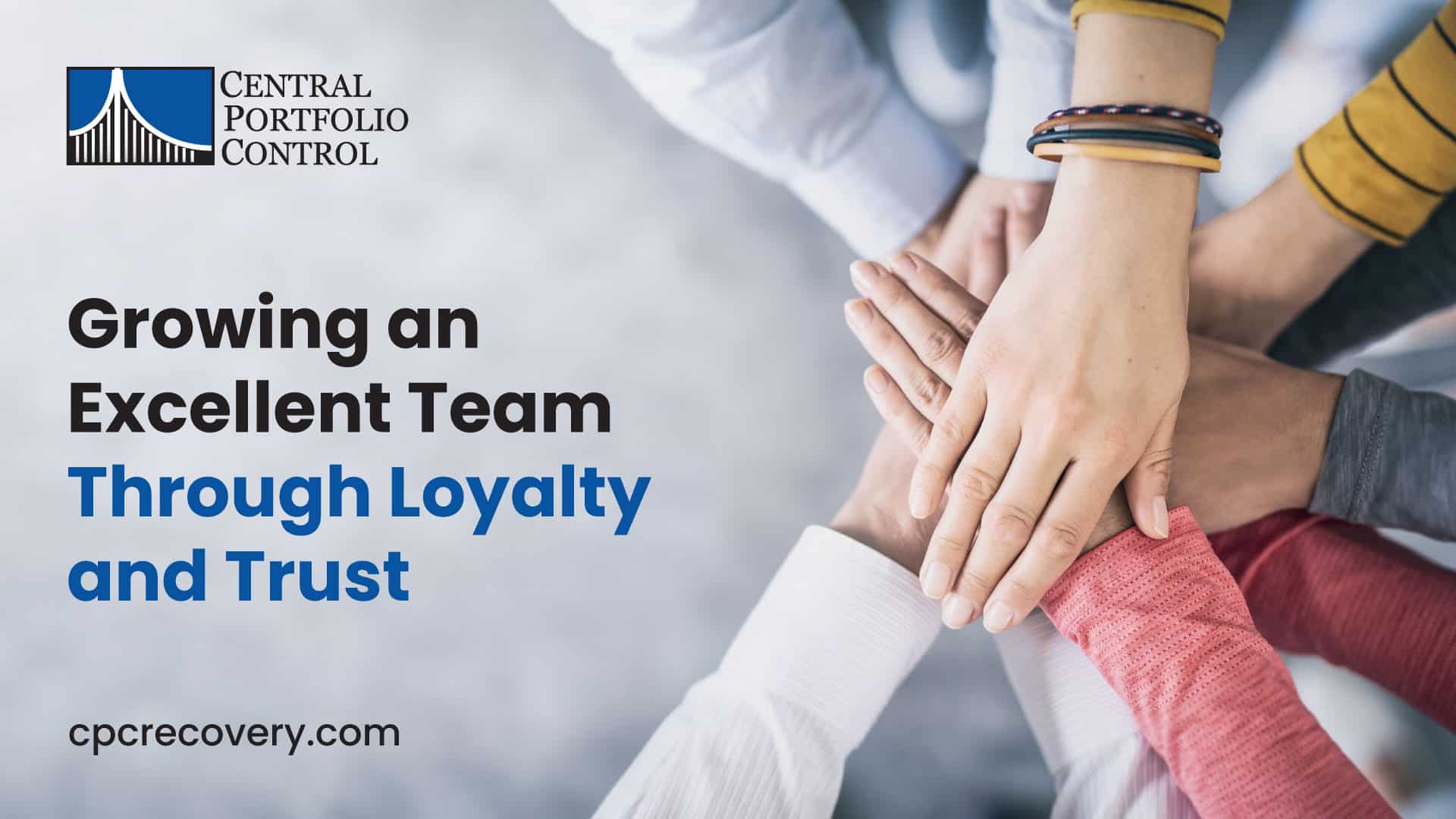As organizations look to compete with ever-moving pieces, the organic growth of a great team is pivotal. A great team can weather any change, regulation update, leadership shift, or obstacle thrown in their path.
Two fundamental foundations pillar this growth: loyalty and trust. These elements are not just buzzwords but are critical for fostering an environment where teams can thrive and drive the company toward its objectives.
Building Toward Excellence Through Loyalty
Loyalty in a corporate setting transcends personal allegiance to a manager or supervisor. It’s about fostering a deep-seated commitment to the overall company objectives. A company’s staff is only as good as those who embody the goals, objectives, and directives set up. If your organization’s goals do not align with your staff, you’re bound to fail as you work toward scaling and managing your operation.
Here are some ways to align your organization’s vision to build trust amongst employees:
- Align Individual Goals with Company Vision: Ensure that every team member understands how their personal goals and achievements contribute to the larger picture. This alignment helps in creating a sense of purpose and belonging. You can do this through individual performance reports or weekly one-on-ones.
- Recognize and Reward Contributions: Regularly acknowledging the hard work and contributions of team members helps in reinforcing their commitment to the company. This can be through formal rewards or simple acts of recognition.
- Encourage Ownership and Empowerment: When employees feel they have a stake in the company’s success, their loyalty deepens. Empower them to make decisions and take ownership of their work. Ownership and empowerment can come in many forms, but most typically organizations enforce this action through a comprehensive bonus structure.
Earning Your Team’s Trust
Trust is developed over time and is essential for fostering cooperation, understanding, and strong leadership. This is the second pillar of growing a great team because, fundamentally, trust is earned after loyalty is acknowledged. Once your employees see the work put in to align goals, build rewarding relationships, and more, trust comes more naturally.
However, to maintain trust, you must adhere to these goals:
- Consistent Communication: Clear and consistent communication from leaders helps in maintaining trust with your team. This includes sharing the company’s vision, expectations, and any changes that might affect the team. In collections, this also applies to training and leadership changes that may occur.
- Active Management and Support: Leaders should actively manage their teams, providing the necessary support and tools for success. This hands-on approach demonstrates a commitment to the team’s well-being and growth.
- Transparency and Honesty: Being transparent about successes, challenges, and failures fosters an environment of trust. Employees are more likely to trust leaders who are honest and open about the state of affairs.
The Role of Organizational Leaders
At the top of the pyramid, organizational leaders are instrumental in driving loyalty and trust. Teams tend to emulate the leaders they report to. Hence, great leaders play a crucial role in nurturing loyalty and trust.
Here are some ways to maintain your status as a good leader for your team:
- Provide the Right Tools: Equip teams with the resources they need to excel. This could be through training, technology, or support systems that enhance their productivity and job satisfaction.
- Set Clear Expectations and Positive Reinforcement: Set clear expectations and provide regular, constructive feedback. Positive reinforcement encourages desired behaviors and contributes to a positive work culture.
- Creating a Realistic Vision and Culture: Organizational leaders are responsible for creating a compelling vision and a culture that promotes loyalty and trust. This vision should be communicated effectively and consistently to ensure that it permeates every level of the organization.
- Foster a Positive Culture: A culture that values respect, collaboration, and innovation is essential for organic team growth.
- Lead by Example: Leaders should model the behaviors they wish to see in their teams. Their actions set the standard for what is expected within the organization.
By aligning individual and company goals, ensuring consistent communication, and providing the right tools and support, leaders can foster an environment where teams are motivated, committed, and trustworthy. Ultimately, it is the responsibility of organizational leaders to craft a vision and culture that nurtures these qualities, paving the way for sustainable success and growth.
About Central Portfolio Control
Headquartered in Minnetonka, MN, Central Portfolio Control, Inc. (CPC) is a full-service and nationally licensed collection agency focused on the recovery of distressed accounts receivable. Since being founded in 1998, the Central Portfolio Control team has continued to grow, providing top-quality services to our clients and jobs to our local community.


